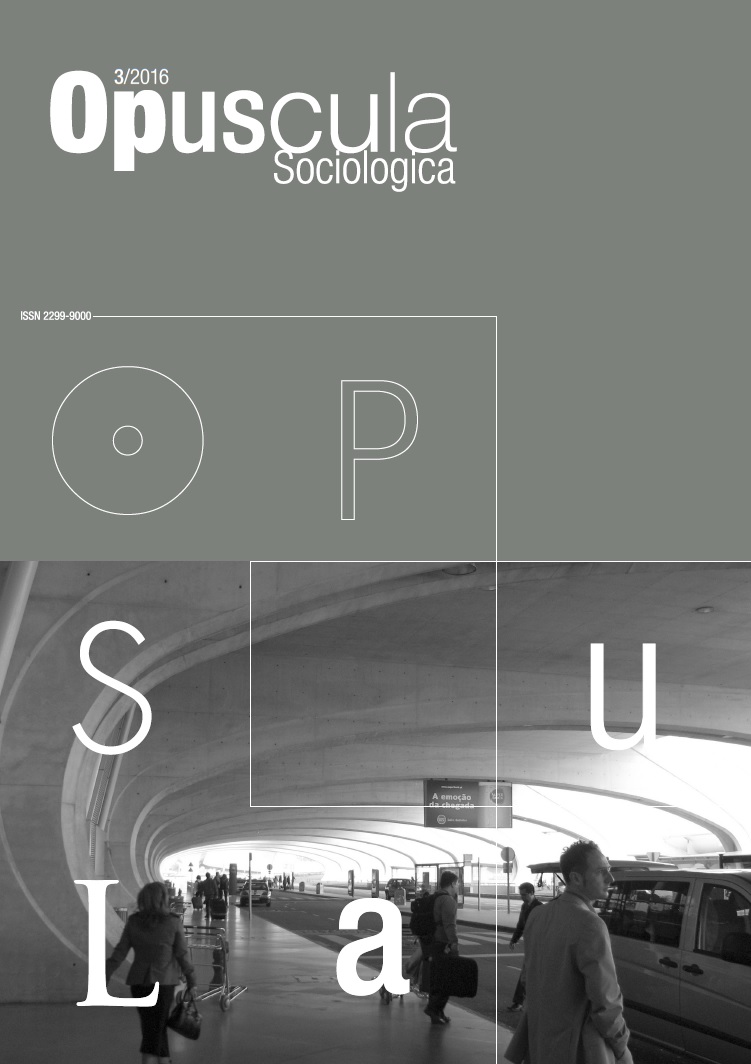Adaptacja? Asymilacja? Wykluczenie? Powojenna polityka państwa polskiego wobec Ślązaków
ADAPTATION, ASSIMILATION, EXCLUSION – THE POST-WAR POLICY OF THE POLISH STATE TOWARDS SILESIANS
Author(s): Maria SzmejaSubject(s): Political history, Social history, Recent History (1900 till today), Ethnic Minorities Studies
Published by: Wydawnictwo Naukowe Uniwersytetu Szczecińskiego
Keywords: western and northern territories; assimilation; polonisation; dominant group
Summary/Abstract: The article presents the policy implemented by several governments of the post-war Poland towards Silesians, inhabitants of the Recovered Territories, that is to say the territories that became part of Poland after World War 2. That policy included elements that may be called ethnic cleansing; there was ethnicity identification according to which persons identified as Germans were displaced; and an assimilation action was taken to promote Polish culture and to remove the local one. Documents from the Archives of Current Acts concerning the Ministry of Recovered Territories prove that the State’s policy was incoherent and many questions depended on local decision-makers. The Polonisation of the recovered territories eliminated regional cultures; in Silesia it consisted in Polonisation of surnames, personal and geographical names, a ban on speaking Silesian and German, displacement of priests who did not speak Polish fluently and local elites in general. That policy may be compared to the one pursued by the Nazis in the 1930s. One of the results of such a policy were sociological studies, which – at a certain point – stopped being objective and started supporting the official policy. The present-day policy towards Silesia is hardly different; the Polonisation pressure is still quite strong, and any attempts to gain autonomy or recognition of the Silesian language as a regional one meet with aggression on part of politicians.
Journal: Opuscula Sociologica
- Issue Year: 18/2016
- Issue No: 4
- Page Range: 5-18
- Page Count: 14
- Language: Polish

